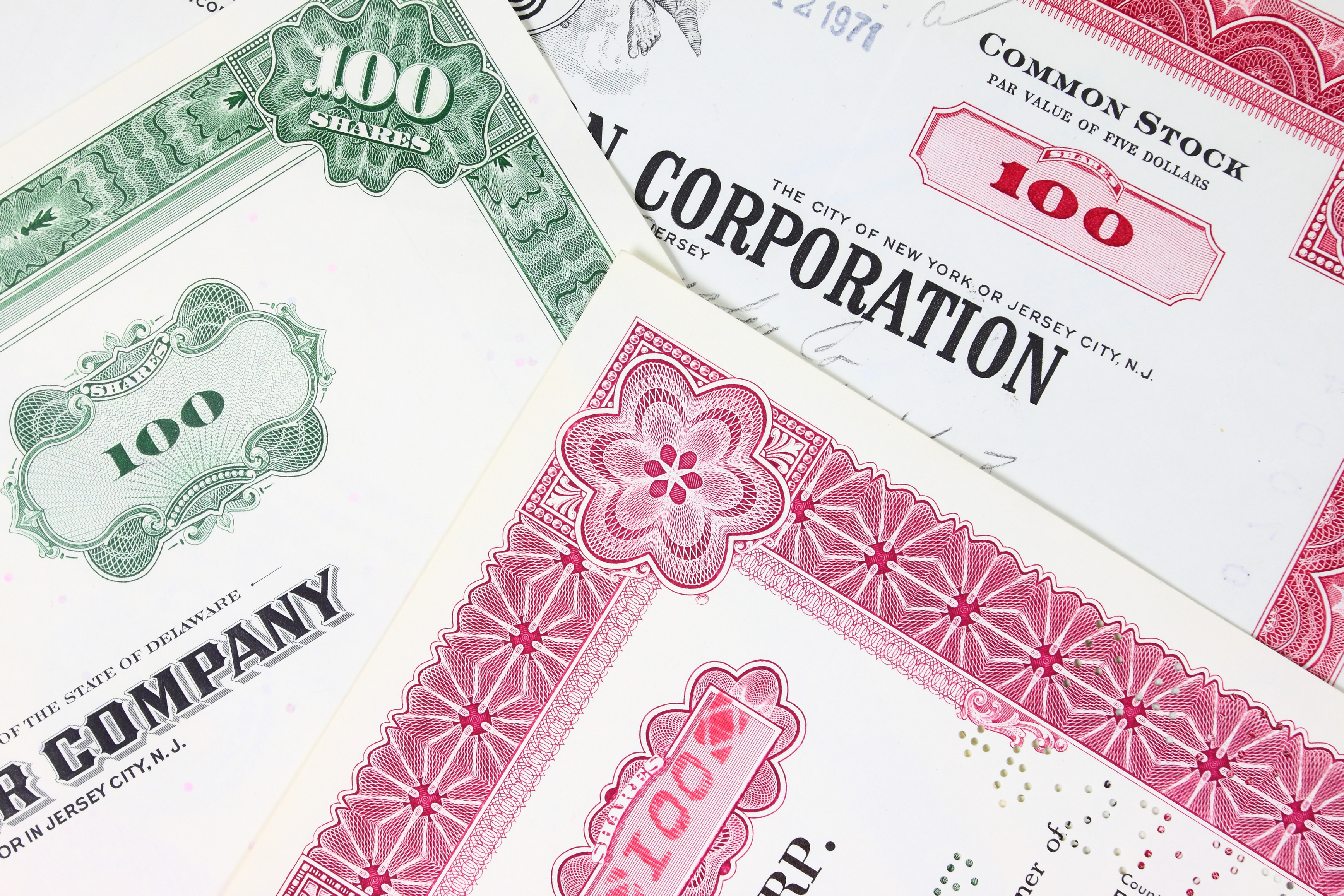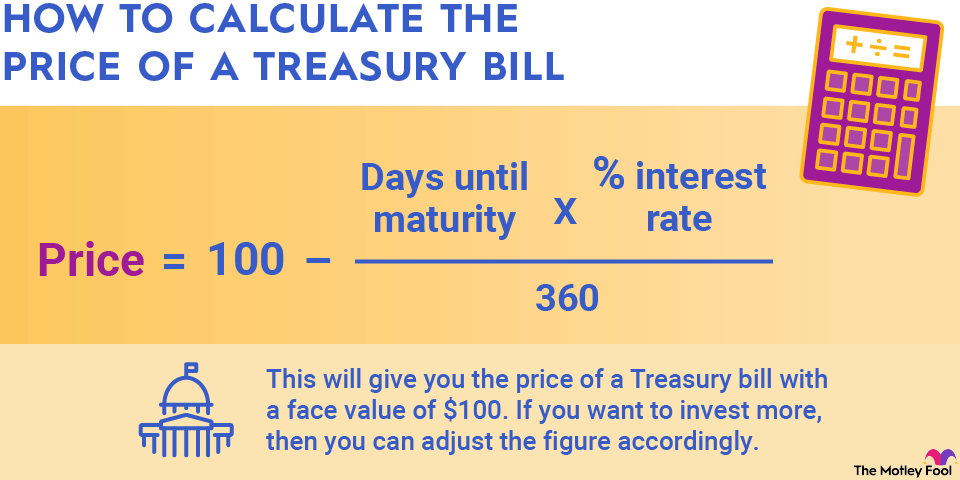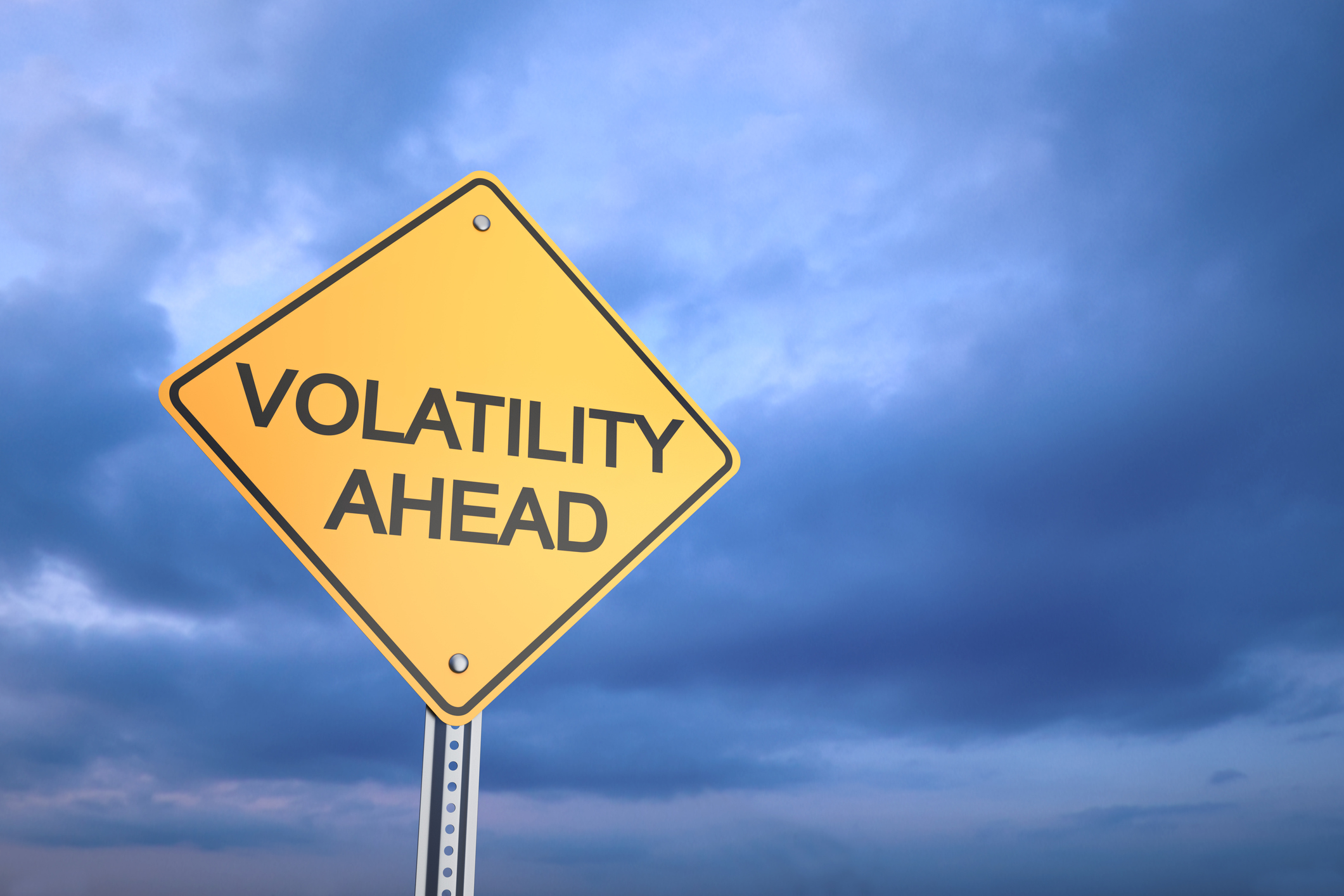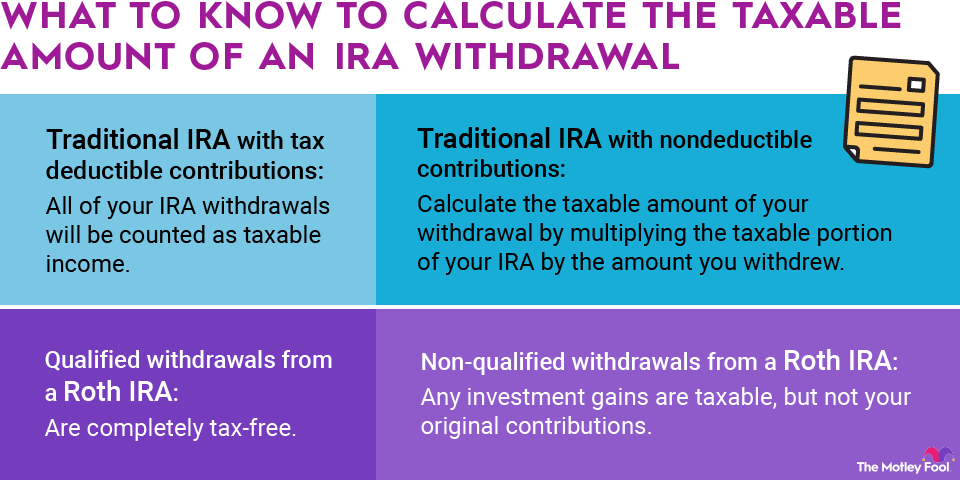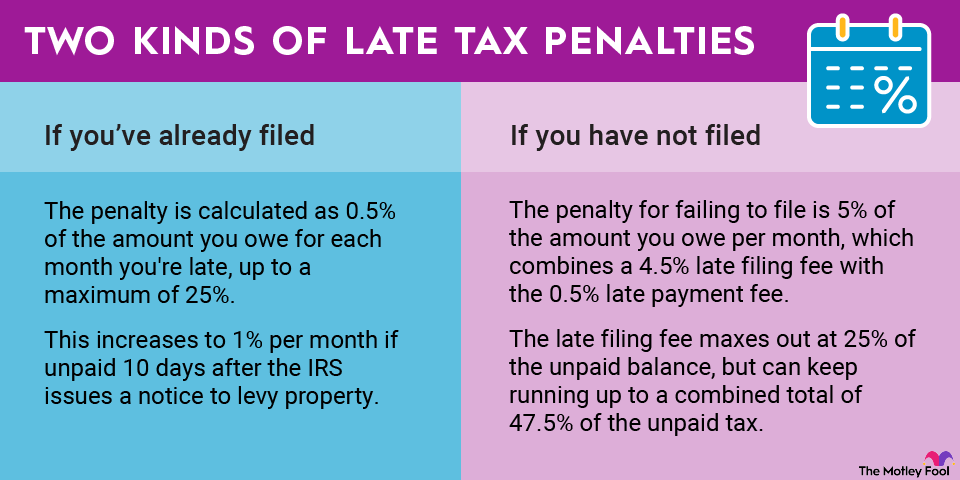IRA accounts are designed for retirement savings, so to discourage you from using the funds in your IRA too early, the IRS can assess a penalty for an early withdrawal. Certain IRA distributions made before you turn 59.5 years old will be subject to a 10% penalty -- and that's in addition to any income taxes you'll owe on the money. The amount of your penalty depends on a few factors, so here's what you need to know.

How much will your penalty be?
The biggest difference when it comes to the size of your penalty is whether you have a Roth or traditional IRA.
If you have a Roth IRA, you are free to withdraw your original contributions but not any investment profits -- at any time for any reason. To see if you'll need to pay a penalty, take the amount of the early distribution and subtract your total contributions to the account. If you get a negative number, it means your contributions were more than the withdrawal, and no penalty will be assessed.
On the other hand, if you get a positive number, it represents the amount of investment profits you withdrew. Multiplying this number by 10% (0.1) gives you your early withdrawal penalty.
Early withdrawal penalty (Roth) = (Withdrawal – Contributions) × 0.1

Let's say you've contributed $10,000 to a Roth IRA, and your account balance has grown to $12,000. If you withdraw the entire balance, you can expect your penalty to be:
($12,000 – $10,000) × 0.1 = $200

The calculation is easier with a traditional IRA in which you make tax-deductible contributions. Simply multiply the entire amount of your early withdrawal by 10% to calculate your early withdrawal penalty.
Early withdrawal penalty (Traditional) = Withdrawal × 0.1

For example, let's say you're 35 years old and take $10,000 out of your IRA to help with everyday expenses. You can expect to owe the IRS a penalty equal to 10% of this amount, or $1,000.
If you made any nondeductible traditional IRA contributions, the penalty won't apply to the nondeductible portion of the withdrawal. For example, if you made nondeductible contributions totaling 20% of your traditional IRA's value, you'll only be assessed a penalty on this percentage of your withdrawal. However, this is not a common situation.
Keep in mind that these penalties are in addition to income taxes you may be responsible for on the withdrawn amount.
Exceptions to the rule
It's also worth noting that you won't be assessed an early withdrawal penalty if any of the following applies:
- Your withdrawal was used toward the purchase of a first home (up to $10,000).
- Your withdrawal was used to pay qualified higher-education expenses.
- You paid unreimbursed medical expenses that are more than 10% of your adjusted gross income.
- You used the withdrawal to pay for medical insurance while unemployed.
- You are totally and permanently disabled.
- You receive distributions in substantially equal payments over your expected life span (like an annuity).
- Your withdrawal was used to satisfy an IRS levy.
- You are deceased (your beneficiaries won't have to pay a penalty).
- You took a qualified reservist distribution.
To learn more about IRAs, including how to get started investing, head on over to our IRA Center.




